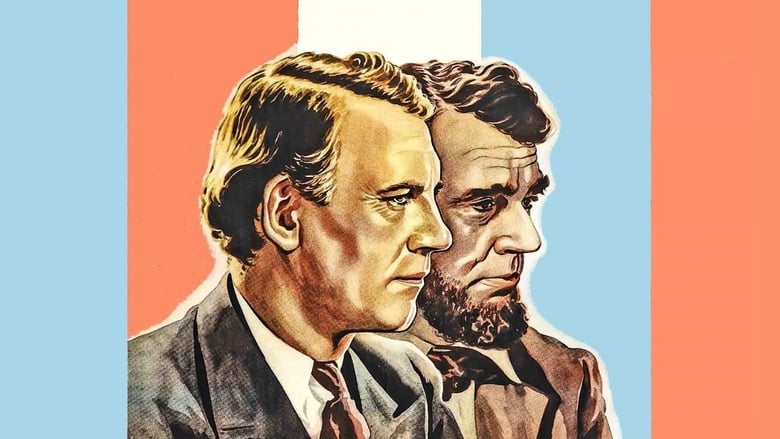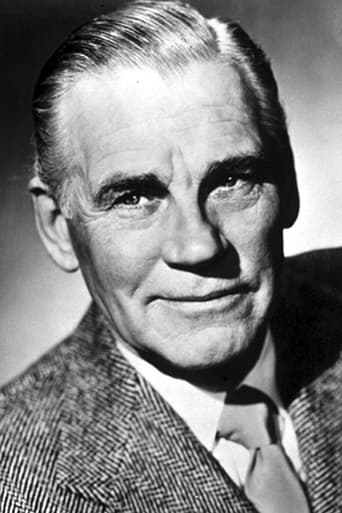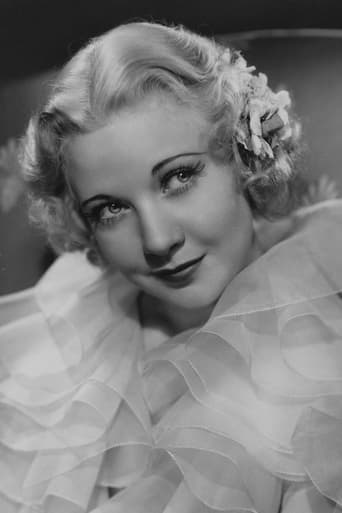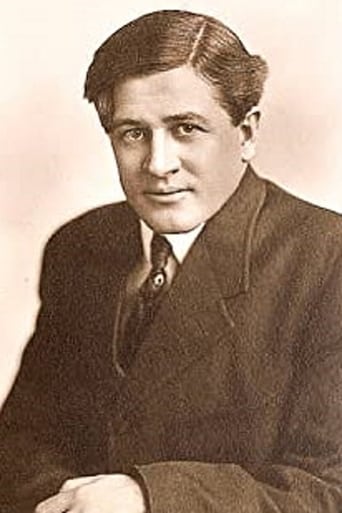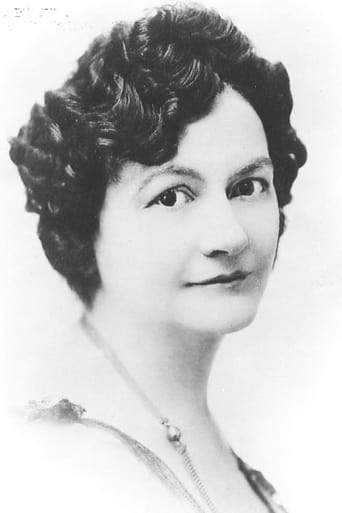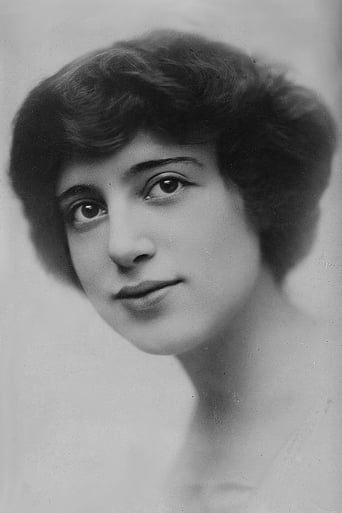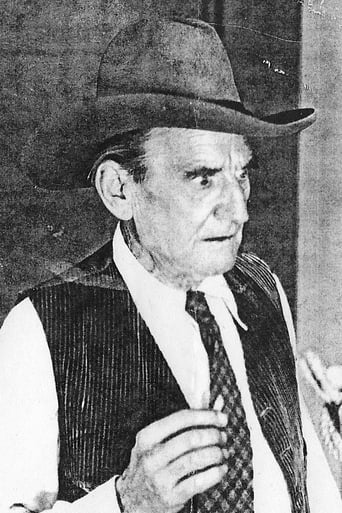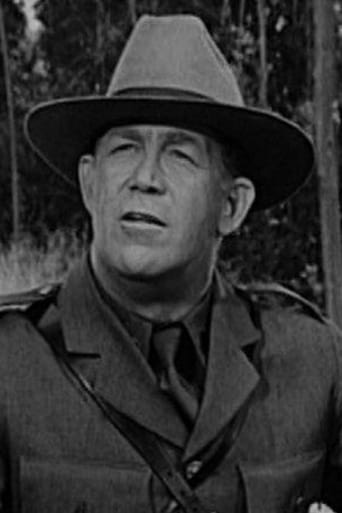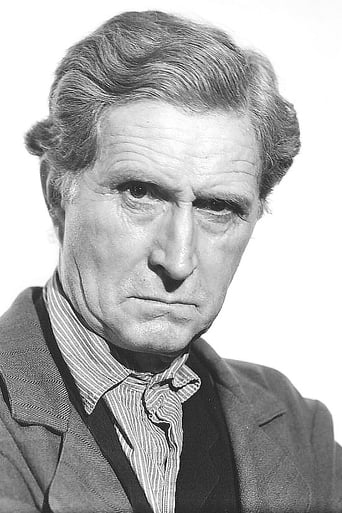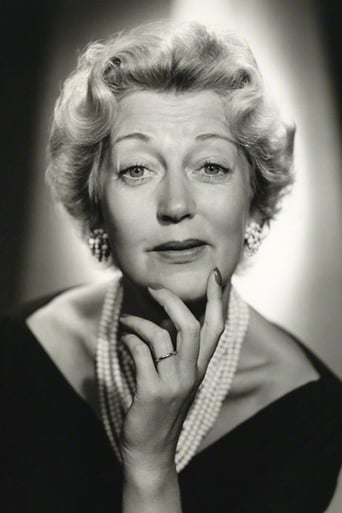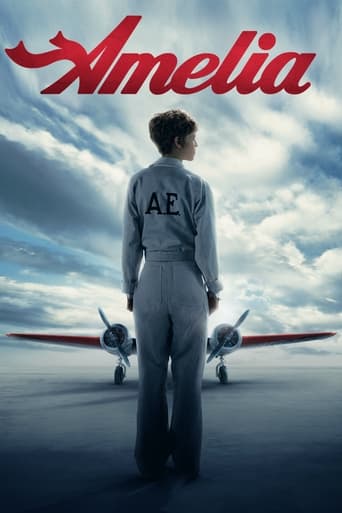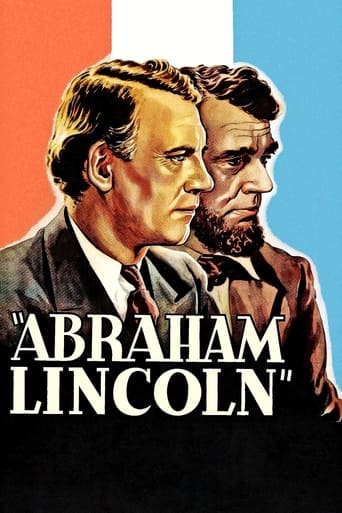
Abraham Lincoln
November. 08,1930A biopic dramatizing Abraham Lincoln's life through a series of vignettes depicting its defining chapters: his romance with Ann Rutledge; his early years as a country lawyer; his marriage to Mary Todd; his debates with Stephen A. Douglas; the election of 1860; his presidency during the Civil War; and his assassination in Ford’s Theater in 1865.
Similar titles

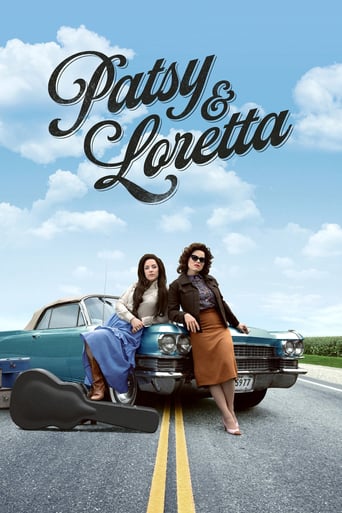


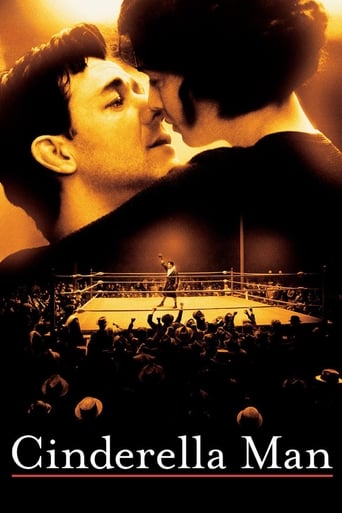
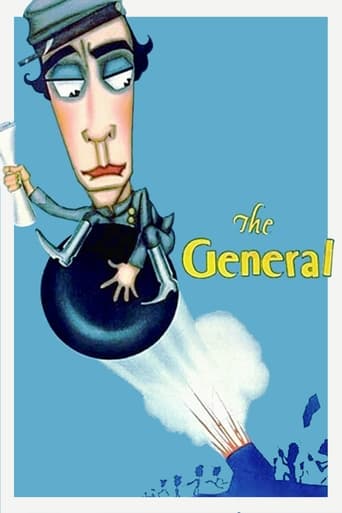
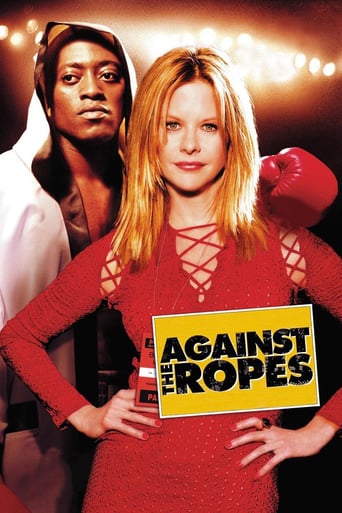
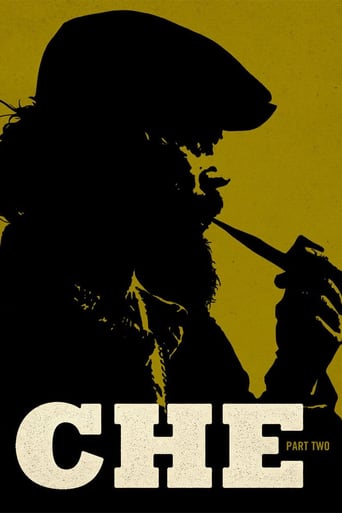
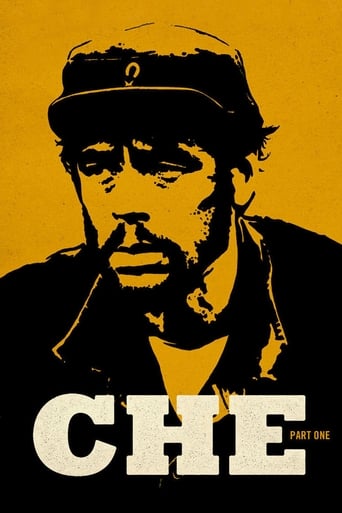
You May Also Like
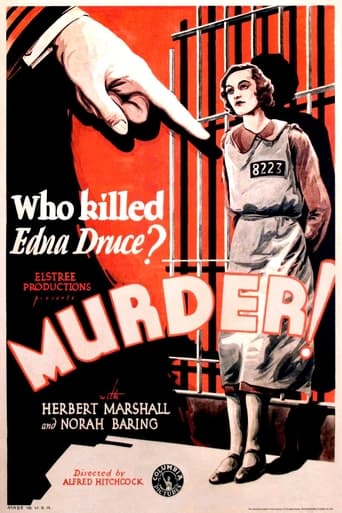
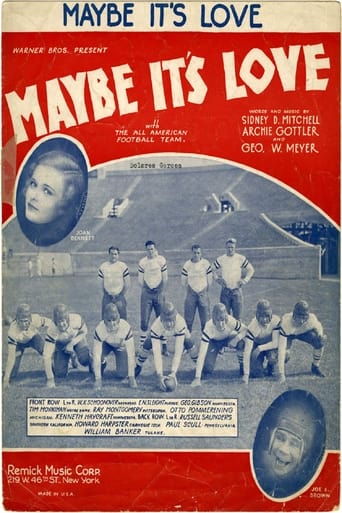
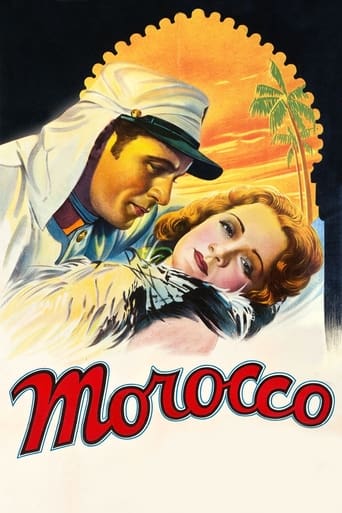
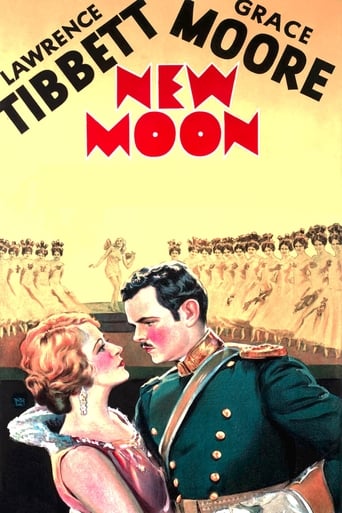
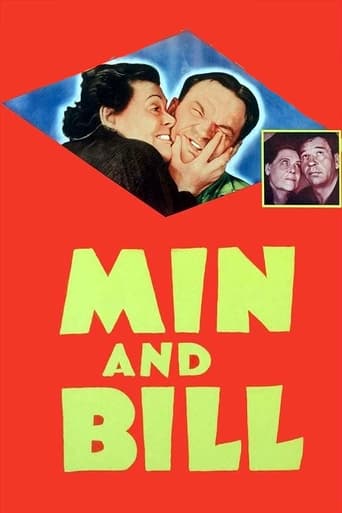
Reviews
Don't listen to the negative reviews
It's funny watching the elements come together in this complicated scam. On one hand, the set-up isn't quite as complex as it seems, but there's an easy sense of fun in every exchange.
Fun premise, good actors, bad writing. This film seemed to have potential at the beginning but it quickly devolves into a trite action film. Ultimately it's very boring.
The acting in this movie is really good.
The First Thing one Notices as this First Talkie by a Pioneer Silent Film Director Unspools is the Opening Credits that Ends with..."Personally Directed by D.W. Griffith".As Opposed to What? Directed by Someone who Never Showed Up. Oh the Ego. Anyway, the Next Thing that Demands Attention is the Lost Sound of the First Few Scenes. Those are Shown with newly Added Subtitles akin to "Closed Captions for the Hard of Hearing". This is Significant because these are Scenes that Show Slave Ships returning from Africa and have Lines of Extremely Racist and Cruel Dialog and Shots of African Slaves being Treated Worse than Animals.These Powerful Presentations are Not Diminished that Much by Lack of Sound. There are Subtitles that Convey the Inhumanity with Lines about the Deaths of the Captured as Ledger Balancing.Than this Awkward Movie attempts to Portray Lincoln's Life, it seems, from Literally Birth to Death. So We are given Scenes inside the Famous Log Cabin of a Newborn Lincoln Wrapped in Swaddling Clothes. The Idea of Lincoln as Savior is Never Abandon as the Film rapidly makes its way through Lincoln's early Romance and Tragic Death of Ann Rutledge (Una Merkel) and Abe's Devastating Grief. In the Film He Immediately Courts Mary Todd (later to add some comedy relief) and Thwarts Stephen Douglas. The Lincoln/Douglas Debates are Reduced to Ludicrous Uttering of a Word or Two from Each Participant.The Historical Accuracy of what follows is best Left to Historians (real life Historians, not Film Historians). As a Movie it is Obvious Griffith was either Totally Inept or Unable to Understand the New Sound Technology. The Dialog Scenes Slog even for 1930's Standards and at times the Movie Feels like it is in Slow Motion. Ironically, it becomes a Biography of "Sound Bites".As Entertainment it is Painfully Dated, although there are some Visual Treats. William Cameron Menzies Production Design is Excellent. Walter Huston is Iconic and Manages the Part with Ease and Verisimilitude.Overall, Interesting Enough to Warrant Attention and is Worth a Watch for its Place in Film History and as an Artifact of History on Film
Brief vignettes about Lincoln's early life.Includes his birth, early jobs, (unsubstantiated) affair with Ann Rutledge, courtship of Mary Todd, and the Lincoln-Douglas debates.Onward to his presidency and the Civil War are followed in somewhat more detail, though without actual battle scenes.The film concludes with the assassination.Unfortunately parts of the sound track for the first 3 reels are lost. In the restoration you have to get by with subtitles. It's weird cuz there's no music either.Interestingly, the movie sort of looks like a silent film. Heavy makeup, blanched out faces. Some scenes are really kool. Others are drawn out and boring. In all it's a 5.
It seems incredible the leaps and bounds that were made in less than ten years of cinema back some 90 years ago. D W Griffith's portrait of the great, noble pioneer in U.S politics has all the standard techniques and flourishes that now seem to have become the norm. Walter Houston looks to be perfectly cast as 'Abe' - towering and dominant without being domineering and having that air of quiet authority. That he was humanitarian and resisted conflict whenever able to. It was nice also to have wife Mary's domestic quibbles thrown in, making this an interesting character study rather than a stiff history lesson.As for history, no, I didn't learn a great deal, but didn't expect to. I wanted more to see how one of the great pioneering film directors portrayed another Great Man. The wonderfully produced epitaph in the final seconds showed testament to the power of them both.Yes, the film's sound is hissy and pretty scratchy (I viewed it on-line at Internet Archive) but compared to most movies, certainly of that era and posted on that site, I found it surprisingly enjoyable and effortless.
It is sometimes presumed that, because DW Griffith retired from the business in 1931 after making just two sound pictures, it was the talkies that killed off the legendary pioneer of cinema. However, this great man's downfall was in truth more gradual, and he had been plagued by bad reviews and pushed around by the studios since the early 1920s. What is more, his biopic of another great man proves that even at this late stage Griffith had the capacity to create something exceptional.Griffith's film of Abraham Lincoln reverses the romantic notion that the directors of the early years, no matter how wondrous their silent pictures were, could not handle the transition to talkies. Not only has Griffith adapted to the new medium without any loss in the grace or dignity of his images, it is clear he really understands what sound can do. The opening scene, ironically now missing its sound reel, according to the subtitle reconstruction featured a stirring use of song, with the refrain "Go down Moses" accompanying the shot of dead slaves being thrown overboard. Later, a scene opens on a close-up of a peg being hammered in, while offscreen we hear Una Merkel reciting from a book of law. We then pull out to reveal what is going on, but Griffith has already cleverly linked the two topics of the scene – work and law – from the first shot in a way that grabs and engages us.There are plenty of other examples of Griffith's still-thriving mastery of technique on display in Abraham Lincoln for the dedicated viewer to spot, but what of the director's Victorian sensibilities when it came to narrative and characterisation, which sometimes seemed outdated even in the 1910s? Well, even though the picture was written by a couple of youngsters (an odd but fruitful pairing of producer John Considine and poet Stephen Vincent Benet), the imagery does occasionally betray Griffith's old-fashioned outlook. In the final shot, he appears to literally be attempting to deify the deceased president. And yet Griffith's respectful treatment of his subject is often subtle and tenderly meaningful. In scenes shortly after Lincoln's inauguration, Griffith photographs him once in silhouette, and later introduces him with his shadow appearing in a doorway. The outline of a tall man in stovepipe hat and jutting beard is instantly recognisable. When he does this, Griffith is not trying to be arty, he is acknowledging that Lincoln has now become the iconic figure that has become lodged in the consciousness of future generations.And there is another side to this laudatory biopic. Considine and Benet's screenplay may be short for such a grand subject, but it condenses the life of the president in such a way as to bring out the humanity of the man, giving just as much weight to his loves and personal demons as to his political achievements. A lot of the credit here should also go to lead man Walter Huston, one of the greatest assets to be snapped up by the film industry with the coming of sound. Huston not only physically resembles Lincoln, but he is the right kind of performer for such a weighty role. He can act the inspirational orator, but also displays a very likable naturalism in the scenes of Lincoln's private life. Huston actually adds depth to the character, portraying the young Abraham as a resourceful but slightly awkward individual. He comes across as acutely self-conscious of his height, and is constantly stooping so as not appear imposing towards others. Huston gives the older Lincoln world-weariness, and above all a calm yet commanding presence, that of a man trying to change the world by gently changing the things around him.Huston was a newcomer to cinema, hired by the industry after the coming of sound, as was Una Merkel who is also outstanding in her small but memorable performance as Ann Rutledge. By and large though the rest of the cast were veterans of the silent era, many of whom have here more interest value than displays of talent, including Lucille LaVerne, who later voiced the wicked queen in Disney's Snow White, Frank Campeau, one of the eponymous 3 Bad Men from the 1926 picture, and former director Oscar Apfel. At times the picture almost looks like a museum of Griffith's heyday, especially when Hobart Bosworth and Henry B. Walthall turn up at the end as Confederate officers. And yet Bosworth and Walthall are no waxworks, the former in giving a very moving turn as the defeated Lee. Like Griffith himself, these people may have been getting old, but they were by no means done for.
Top Streaming Movies











